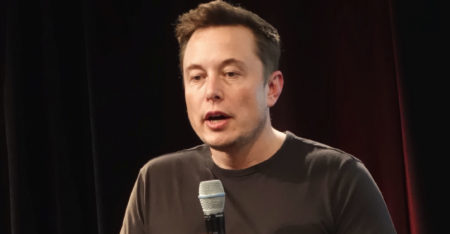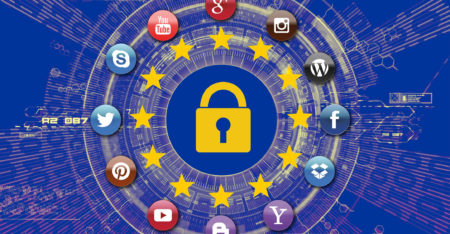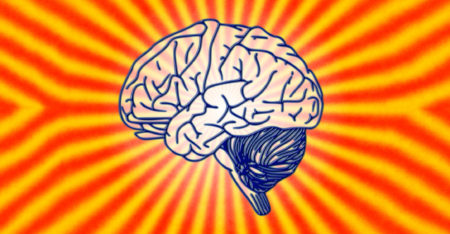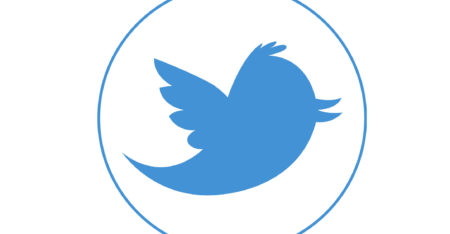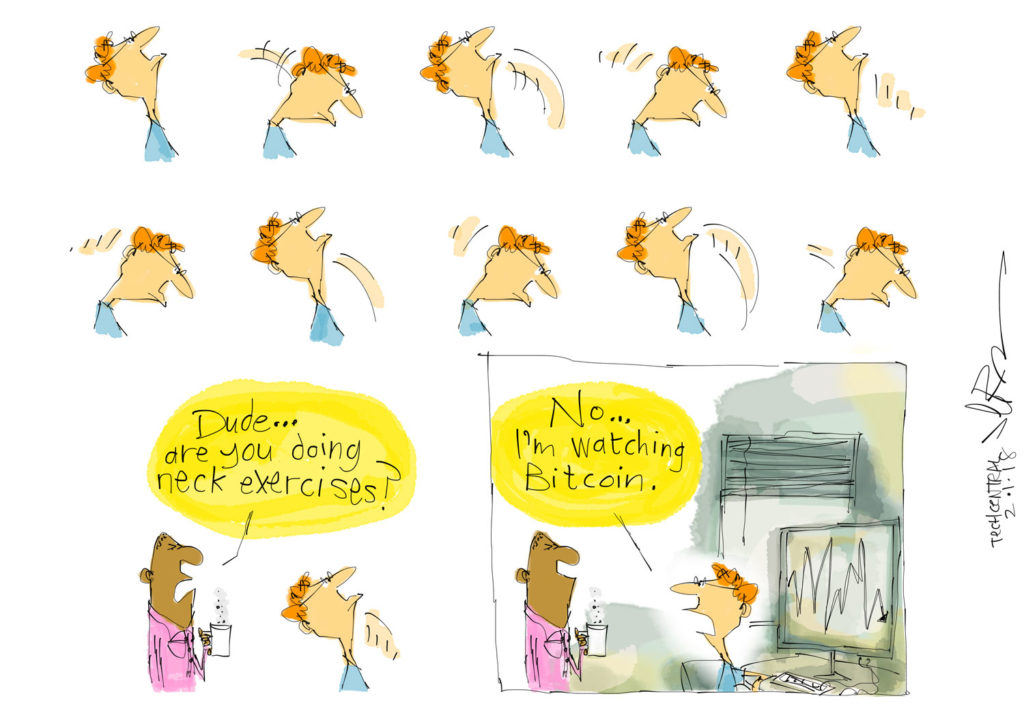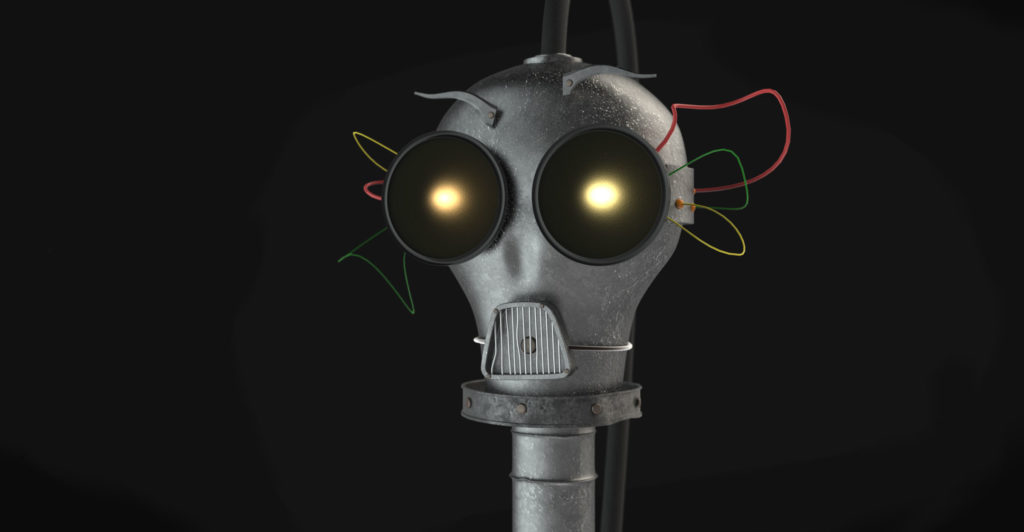Elon Musk’s idea of creating a credibility rating site for journalists and media outlets seems wacky on the face of it. For one, the proposed name, Pravda, is cringe-making for a Soviet-born journalist like me. But not
Author: Leonid Bershidsky
I’ve long been a critic of Apple, but today I give up: it’s the perfect technology company for this day and age, an example to the rest of Silicon Valley. After Apple’s latest results announcement, one could knock it yet again
Internet users throughout the European Union – and, in some cases, in the rest of the world as well – are starting to get gently pushed toward accepting various companies’ new service and privacy terms that
Facebook CEO Mark Zuckerberg and chief operating officer Sheryl Sandberg have apologised (again and again) for the company’s handling of user data. The best indication that they aren’t actually sorry
Timothy Berners-Lee, credited with inventing the World Wide Web, tweeted up a storm on Thursday, reassuring Internet users that they could reassert control over their data – and the Web’s future – after the Cambridge
Nectome promises to preserve the brains of terminally ill people in order to turn them into computer simulations – at some point in the future when such a thing is possible. It’s a start-up that’s easy to mock
Facebook’s self-regulatory contortions in the wake of fake news and trolling scandals have gone on, with little visible effect, for months. Now Twitter founder and CEO Jack Dorsey has announced
There’s a compelling reason to consider what’s going on with cryptocurrencies a purely speculative boom-and-bust roller-coaster: over a three-month period, the prices of all the top coins and tokens are rather strongly correlated
If Facebook CEO Mark Zuckerberg is sincere in a recent post about gradually taking the media element out of “social media”, he’s striking a powerful blow for tech self-regulation, as well as preparing to pay a heavy price for
Not much time passes these days between so-called major advancements in artificial intelligence. Yet researchers are not much closer than they were decades ago to the big goal: actually replicating human intelligence


